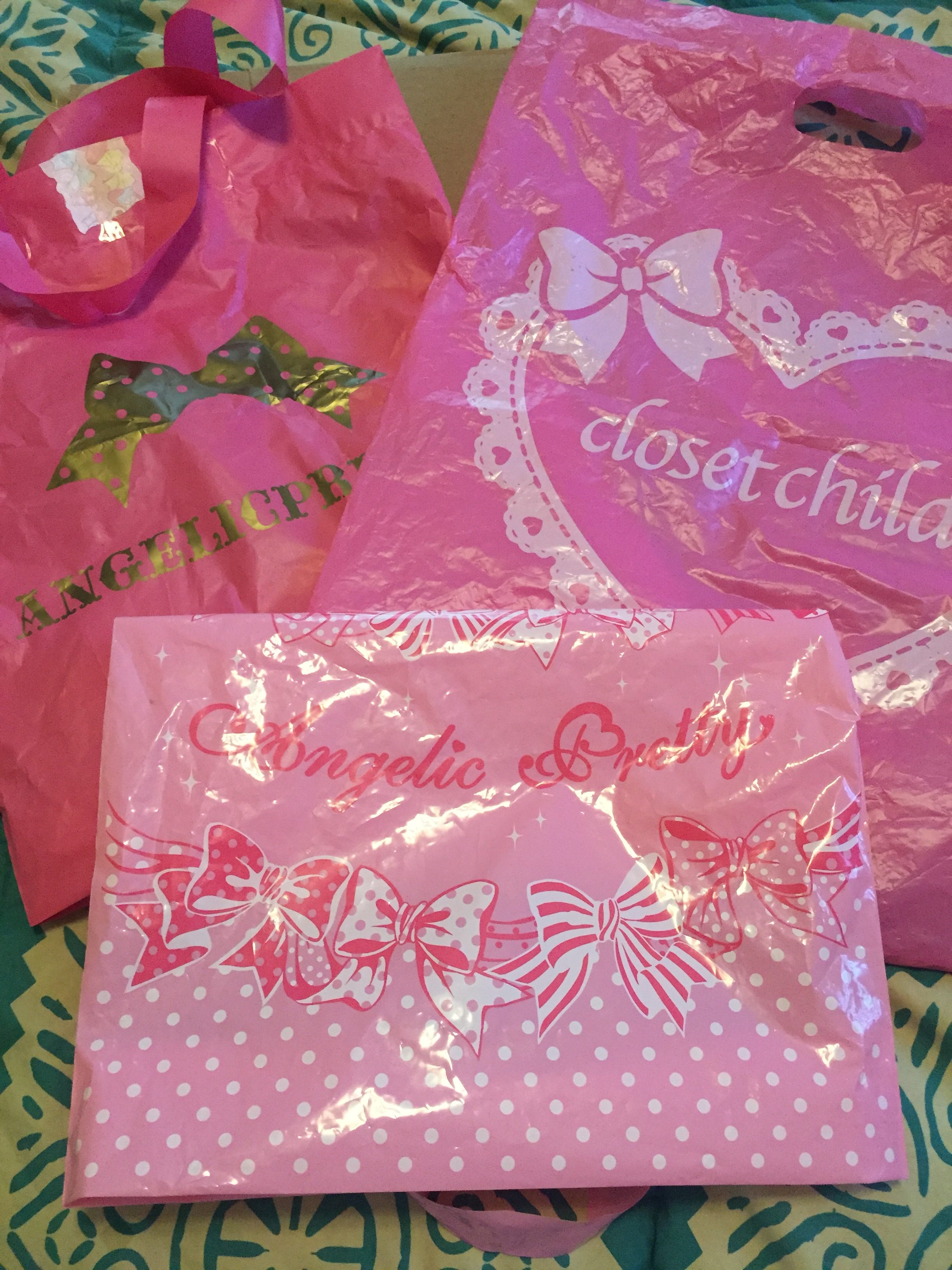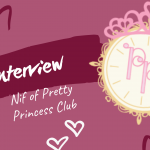9 ways to make your secondhand lolita buying and selling more sustainable

Lolita definitely isn’t fast fashion, but that doesn’t automatically make it sustainable. It’s difficult to track down information about how garments are manufactured for Japanese brands and equally challenging to find out this information from independent Chinese brands sold on Taobao.
Luckily, shopping for second hand goods is a well established practice within the lolita community. Reusing old garments and ensuring that they don’t end up in a landfill is a great way to practice sustainable living, but it doesn’t have to stop there. Here are a few ways to make your secondhand lolita habits more sustainable.
Buy less
I know its not a fun tip, but buying less is the number one way you can make your wardrobe more sustainable. Carefully curating your wardrobe means that you only have pieces that you love. It also means that you have clothes that you take care of and repair instead of constantly purchasing more. This may mean using a wardrobe app to take stock of what you have, or finding new ways to enjoy the pieces you have with alterations, customizing, or combining pieces.
Make your listings are accurate
When you’re selling, make sure that you your listing as detailed and accurate as possible. It may seem silly, but having accurate colors and sizing information can make sure that your items end up in the hands of someone who will really love them, rather than someone who will resell them or worse, throw them away. Make sure to take good pictures too!
Offer local pick-up
Whether you’re selling on Lacemarket or Depop, it’s usually pretty easy to offer free shipping to those who live locally. Not only does this cut down on pollution from industrial freight, but your buyer is guaranteed that their item will arrive at a time when they can personally accept it.
Participate in or organize swap meets
Just like local pick-up, you can cut down on shipping costs and carbon emissions by hosting or attending a swap meet. Not only can you save yourself and your buyer a trip, but your buyer can examine the goods in person, making sure that they are totally satisfied with their purchase. (Plus, you don’t have to deal with Paypal or any other fees if you accept cold hard cash).
Group orders

If you’re going to buy an item from overseas, the more the merrier. Let your friends know when you’re interested in placing an order through a shopping service (or even just from a brand outside your country) and see if they want anything. Most shopping services will hold items for free or for a small fee. Ordering in bulk means that you can cut down on packaging and if you can arrange to pick-up the items at an event you’re all attending, you cut down on carbon emissions from shipping to each buyer’s home. You get to split the cost and reduce the amount of items shipped all over the world.
Consider shipping by sea

Its certainly not fun to wait for months for your items from overseas, but shipping items by sea is the most efficient method of transportation. You can considerably cut down on emissions used to ship your items by choosing to ship by sea rather than land or air.
Encourage buyers to purchase more than one item
There are lots of ways to incentivize buying more than one item: cheaper shipping, discounts on multiple items, gifts with purchase with multiple purchases, etc. Once again, shipping more than one item to one destination cuts down on industrial freight and reduces the need for excess packaging.
Reuse packaging

Let’s face it, most of us have at least one box from Amazon taking up room in our house right now. Rather than get a new box (even a free one from the post office), reuse packing materials to cut down on waste. You can even make use of your Japanese brand bags to pad the inside of packages to keep your brand safe while it’s en route to its destination.
Purchase sustainable packing materials

If you’re a small business or just don’t have reusable packaging lying around, consider investing in sustainable packaging. Sustainable encompasses a whole range of products, so try to research to figure out what is best for you. I’m personally a fan of compostable packaging, but you can also get post consumer packaging, biodegradable packaging, or reusable packaging.
These tips are easy to incorporate into your buying and selling habits but you don’t have to stop there. What other ways have you found to make your lolita wardrobe more sustainable?
By day, Jenna is a legal professional living in Los Angeles, California. By night (and weekends), she is a frill wearing monster who loves Innocent World and lolita indie brands. When she isn’t taking mirror selfies of her coordinates, she enjoys reading comic books, playing board games, and snuggling with her pup, Lily. You can see her mirror selfies on her instagram @lovelylaceandlies and contact her at lovelylaceandlies@gmail.com.








